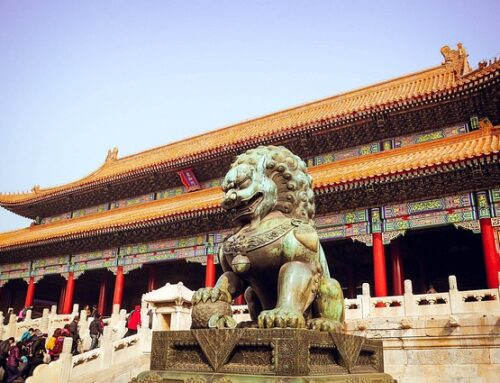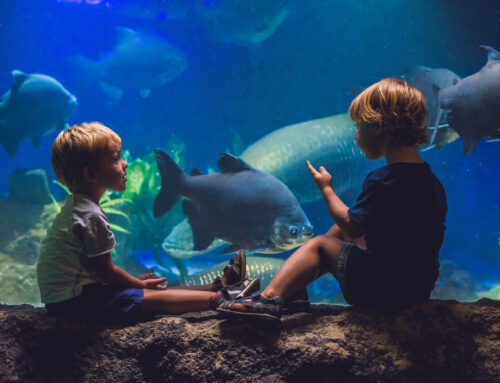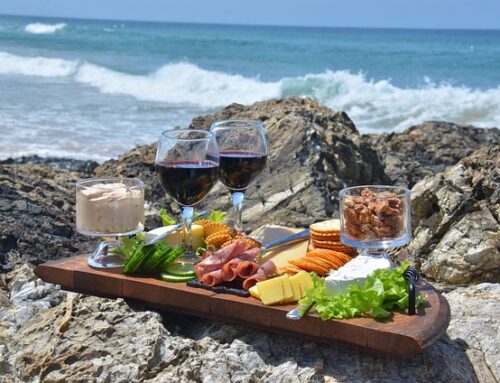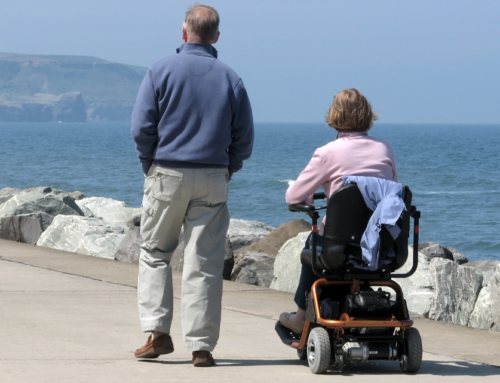How To Choose The Best Water Filter For Your Camping and Off-Road Travels
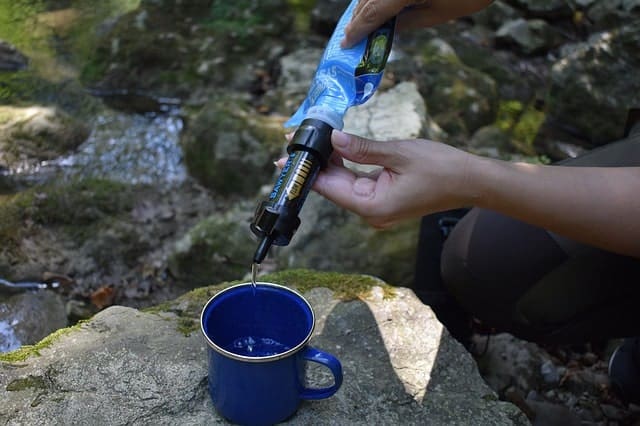
How To Select The Best Portable Water Filter For Your Off-Road Travels

When you’re ready to get off-road and enjoy the great outdoors, you’ll need access to water for drinking, cooking, and bathing. While you can splash in a stream or lake to wash up and cool down, the water you use for brushing your teeth, washing your face and hands, drinking, making food, and prepping coffee will need to be clean, fresh, and free of harmful bacteria. So let’s take a look at the best water filter systems for backpacking, camping and off-roading.
Always Filter
Even if you pack-in fresh water, a water filtration system will keep the water you brought fresh and tasty. If you use Big Berkey Water Filters at home and in your lake cabin, investing in a portable water system for backpacking and tent camping will further increase your enjoyment of freshwater and protect your health.
Boil Times For Water
Experts recommend that you can reduce the risk of picking up a pathogen from water found in the wild by boiling it. Depending on your altitude, you’ll need to boil from one to three minutes. The practice of boiling drinking water from lakes or streams presents several problems.
- Maintaining a rolling boil will burn a lot of camping fuel
- Boiling water over a wood fire may put ash and other debris in the pot
- Boiled water is not pleasant to drink
Chemical Disinfection
Both chlorine and iodine can be used to reduce the risk of illness from uncertain water, but the dosage on this is challenging. Both these chemicals will kill many pathogens found in water, but they can also be hard on the body and may not take out all pests, such as Giardia cysts. Water disinfected with iodine is not recommended for women who are pregnant as the iodine can impact their thyroid and the thyroid of the child they carry. Finally, both iodine and chlorine add an odor and a flavor to the water that can be quite unpleasant.
Filtration
Depending on where you’re going, your water filtration system will have to manage a lot of pathogens. If you’re on the road in a crowded country, the risk of contamination from other humans will include not only bacteria from their gut but viruses.
Current science is expanding on whether or not the known pandemic coronavirus can live in water, particularly in water treated for mass consumption in the developed world. That being said, the gravity filtration process inherent in the Berkey Filter construction means that water is filtered from large contaminants to small contaminants, and virus capture is included in what even your travel Berkey setup can remove.
Risks
Your travel plans will have an impact on the toxins and pathogens you’ll be exposed to. For example, if you’re headed into a popular campground for a fun weekend in the heat of summer, your risks from lake water include:
- petrochemicals from watercraft, including gas, oil, and kerosene
- viruses and bacteria from humans
- bacteria from animal feces left near water
- fertilizer, weed killer, and pesticide from lawn runoff
A camping trip high in the mountains will reduce the risk of runoff contamination, but even water collected from a clear stream can contain contamination from animal feces, or from campers who make poor hygienic choices when managing waste.
Illnesses
The risks of a viral infection are well-known. Depending on where you’re traveling to and how long you plan to camp, you can also be at risk of parasites. Illnesses from amoebic dysentery to guinea worm and from Giardia intestinalis to cryptosporidium can be transmitted among people.
While healthy people can overcome these illnesses with time and proper care, the risk to the old, the young, and the immune-compromised is severe. Avoiding these illnesses when traveling off-road will take diligent effort, but with the right gear, you can manage it.
Sanitizing Steps
When you’re on your travels, remember at what points you need to sanitize. Always clean your hands well after:
- using the bathroom
- touching shared surfaces in a common space, such as a grocery store or gas station
- handling raw, unfiltered water
Before handling clean water or food for yourself and others, sanitize. Take care to clean your filtration tools before and after each trip, and work to not handle clean drinking water tools, such as your collection bottles and the spigot on your Berkey Travel Filter without sanitizing.
The steps below should protect you and yours:
- clean your hands
- open the reservoir
- collect water
- fill the reservoir
- clean your hands
- close the reservoir
- clean the collection vessel you used to pull water from the great outdoors, and
- clean your hands
The process of harvesting clean drinking water from the great outdoors may seem a bit extreme. However, the risk of a viral, bacterial, or parasitic illness should be considered any time you put water in your body. After all, Berkey makes it easy to always have access to healthy water, both at home and on the road.

